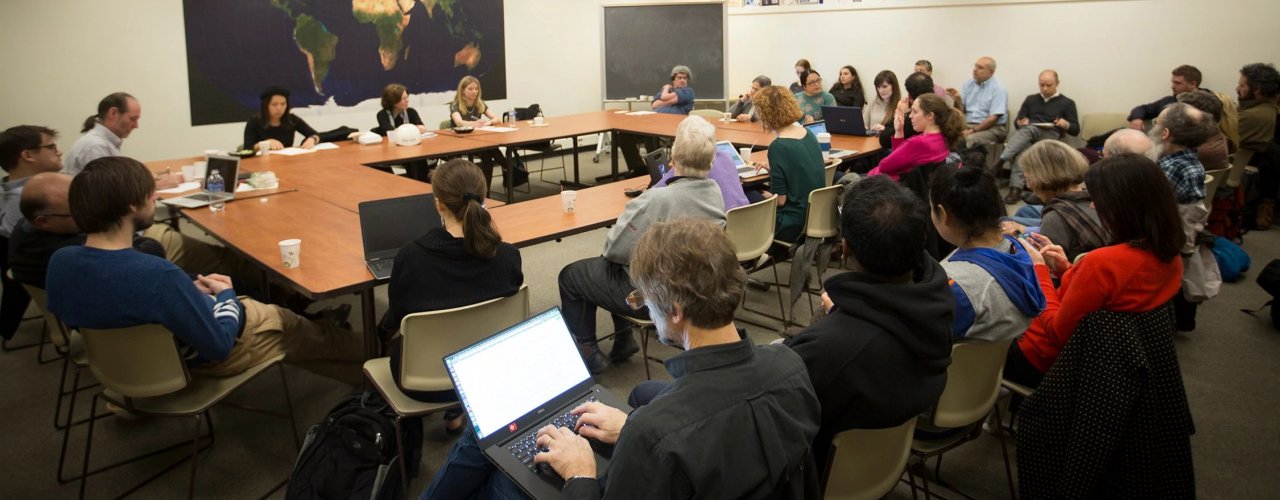International Cornell Curriculum Grants
Global Cornell’s International Cornell Curriculum (ICC) grants have supported faculty in creating, developing, and enhancing curricula that provide students with meaningful international experiences.
These grants have ranged from $20,000 to $30,000 and have prioritized collaborations with Cornell’s Global Hubs partners or other strong international connections.
ICC grants have funded faculty-led initiatives that integrate global learning into the student experience. Supported projects have included:
- Faculty-led short-term international experiences as part of existing courses.
- Collaborative course development with international partners, enabling students and faculty in different countries to engage in joint coursework, projects, or discussions.
- Semester-long courses taught abroad, open to Cornell students and, in some cases, students from partner institutions.
Past ICC Grants
ICC-funded courses have fostered interdisciplinary collaboration, experiential learning, and sustainable engagement with international institutions and local communities.
In the last award cycle, ICC grants supported the development of five courses, four of which were in partnership with Global Hubs institutions. Read more about these projects.
Future Calls for Proposals
While ICC grants are not currently being offered, Global Cornell continues to explore ways to support international curriculum development. Faculty interested in global course design or collaborations with international partners are encouraged to connect with us to learn about available opportunities.

